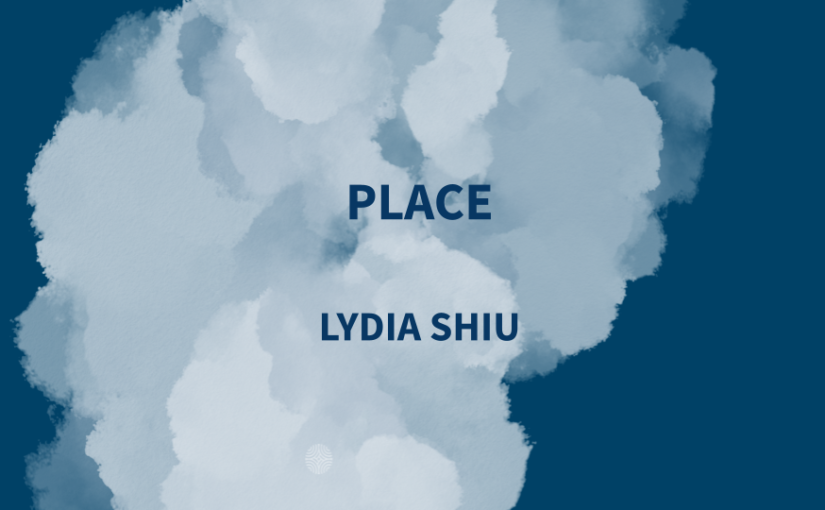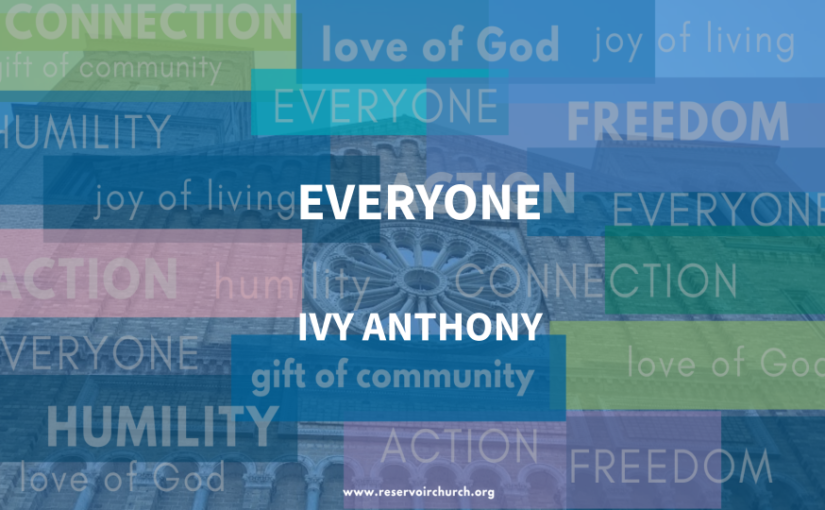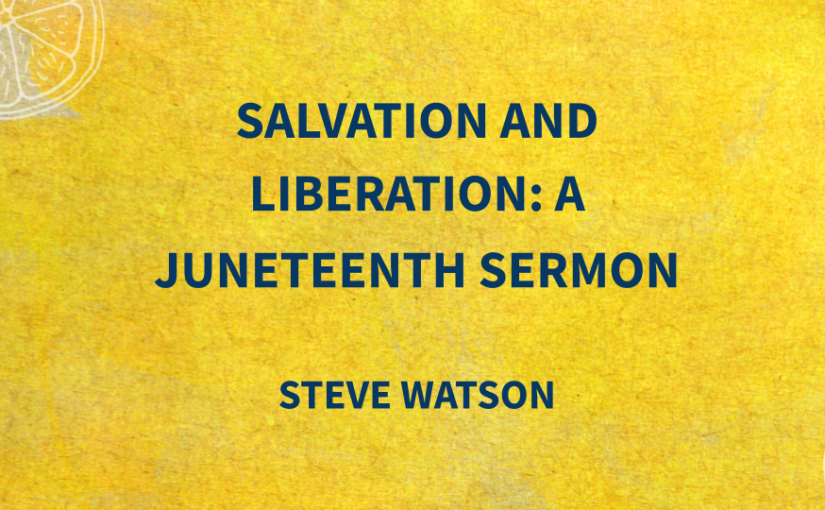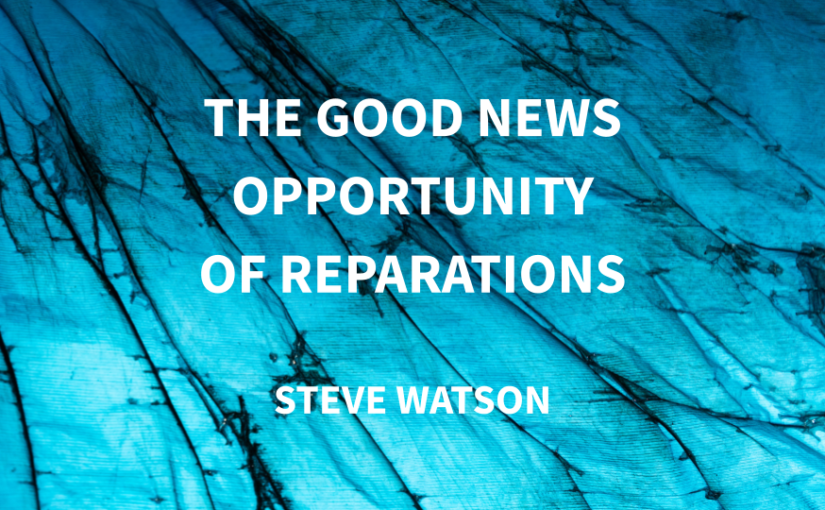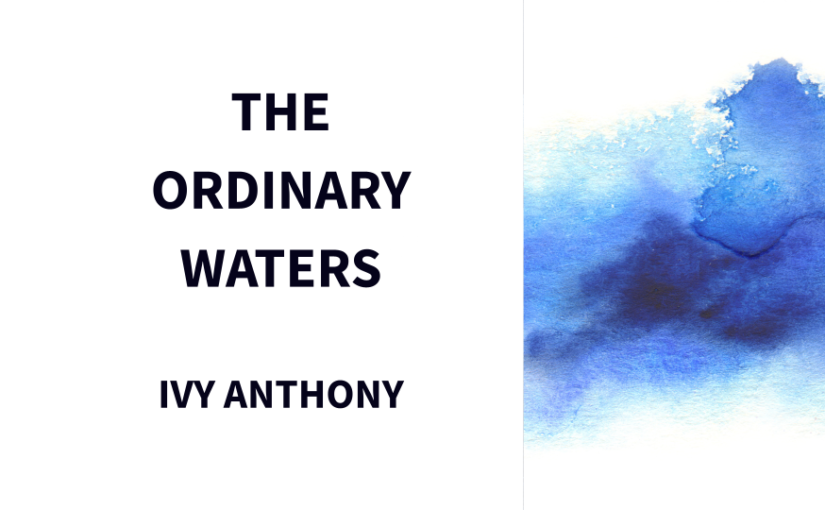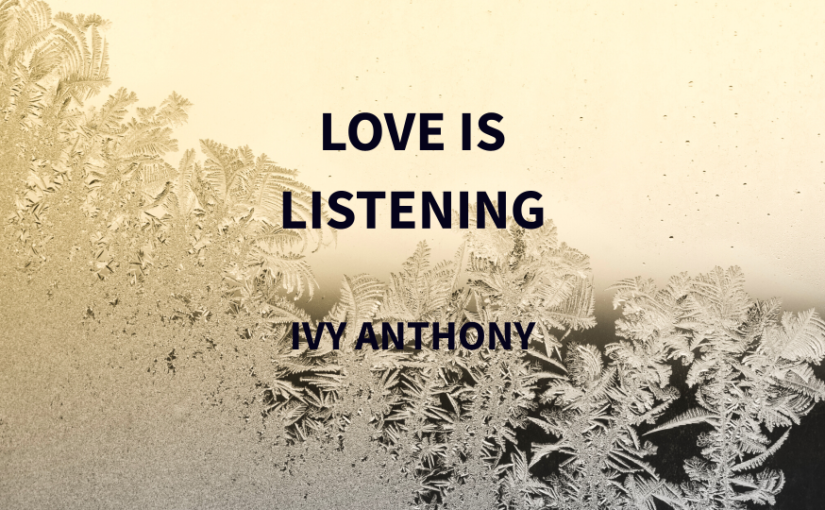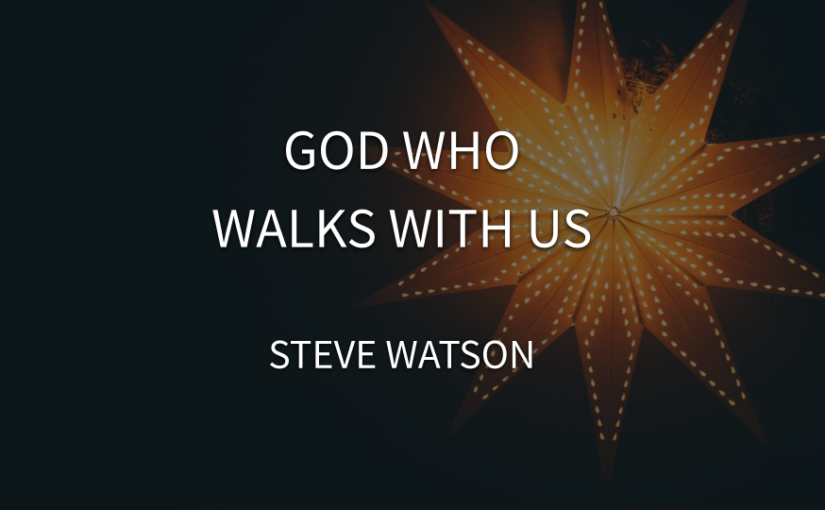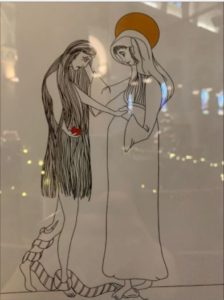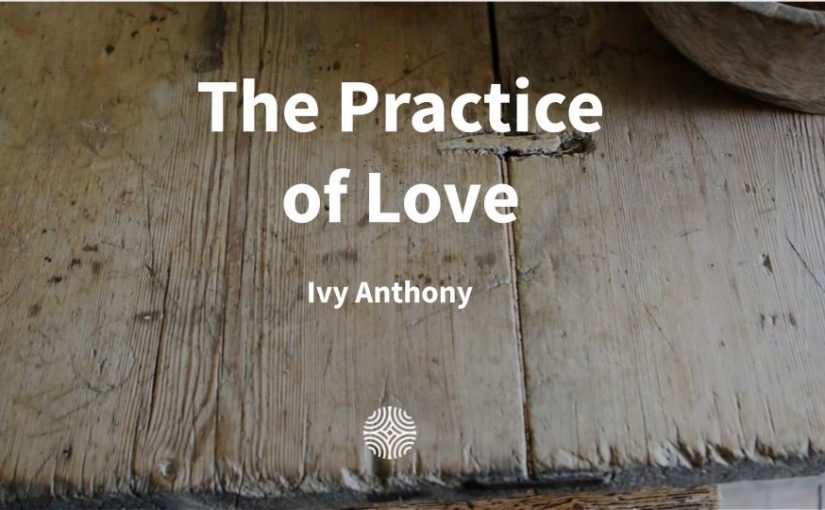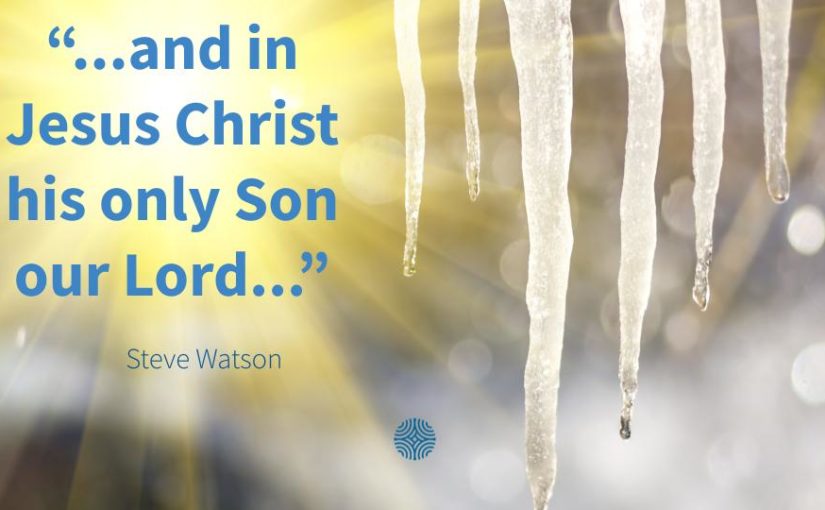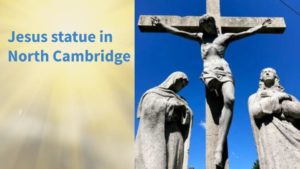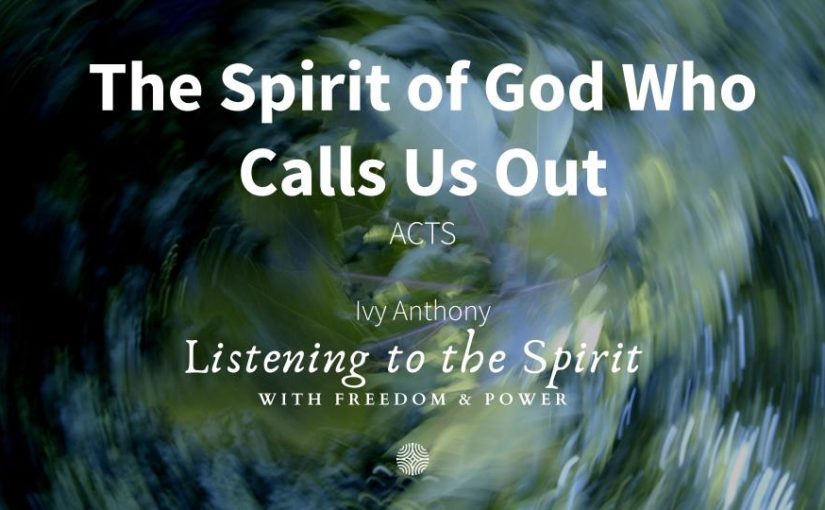Genesis 28:10-22
Jacob’s dream at Bethel
10 Jacob left Beer-sheba and set out for Haran.
11 He reached a certain place and spent the night there. When the sun had set, he took one of the stones at that place and put it near his head. Then he lay down there.
12 He dreamed and saw a raised staircase, its foundation on earth and its top touching the sky, and God’s messengers were ascending and descending on it.
13 Suddenly the Lord was standing on it[a] and saying, “I am the Lord, the God of your father Abraham and the God of Isaac. I will give you and your descendants the land on which you are lying.
14 Your descendants will become like the dust of the earth; you will spread out to the west, east, north, and south. Every family of earth will be blessed because of you and your descendants.
15 I am with you now, I will protect you everywhere you go, and I will bring you back to this land. I will not leave you until I have done everything that I have promised you.”
16 When Jacob woke from his sleep, he thought to himself, The Lord is definitely in this place, but I didn’t know it.
17 He was terrified and thought, This sacred place is awesome. It’s none other than God’s house and the entrance to heaven.
18 After Jacob got up early in the morning, he took the stone that he had put near his head, set it up as a sacred pillar, and poured oil on the top of it.
19 He named that sacred place Bethel,[b] though Luz was the city’s original name.
20 Jacob made a solemn promise: “If God is with me and protects me on this trip I’m taking, and gives me bread to eat and clothes to wear,
21 and I return safely to my father’s household, then the Lord will be my God.
22 This stone that I’ve set up as a sacred pillar will be God’s house, and of everything you give me I will give a tenth back to you.”
“But the most important thing about “place” is that we’re always in one. The underlying irony of calling God “HaMakom/ The Place” is that there isn’t just one place to encounter godliness–that can happen in any place. “Place” is here in this moment, right where we are. The metaphor of God as Place invites us to open ourselves to the potential godliness of any and every moment, in any place that we might find ourselves.” (81)
Fearful, difficult place
Do you have a relationship with a place? A certain place that you treasure, maybe a place you go back to again and again when you need a respite from whatever challenges you’re facing in life. Maybe it’s not the same place, but a kind of place, a place with trees and some natural water. Or even a favorite cafe or the Museum of Fine Art, where you can just immerse yourself in art and it does something to your soul, your spirit. Or maybe it’s a nook in your house, a little corner where you can hold a cup of tea and just look around and be still and present.
I did. When I was really little, in Korea. We lived in this really strange place. It was in this kind of a commercial building. The first floor was a bar. The second floor was a church. The third floor a business office of some sort. And the fourth floor was our house, the penthouse. It was a huge place. It had this long layout that was from the entrance, bathroom, huge living room, kitchen and dining and then two rooms. And because the apartment was so big, it was kind of a scary place. But I had this spot. It was right at the corner of a sectional couch at the far end of the living room. When you sat there you could see the whole place and nothing, no monsters or scary things could be behind you.
A place that makes you feel a certain way. A place that you interact with, where you experience things. A place that beholds you, envelopes you, that even when you think of it, you can smell or feel what you felt when you were there.
We’re in this series called God is Here , inspired by a book called God is Here: Reimagining the Divine by Rabbi Toba Spitzer and today’s metaphor is God as a Place. The series is full of these non-human or inanimate objects as God, God as Cloud, Rock, as Voice.
I love that our Christian church is in dialogue with other religions, in the pluralistic world we live today. If you were here during our Fall series where we went over our church’s core values, you know that humility is one of them. We listen and learn and are in conversation with other faith traditions and so it was of course a delight to engage with a notable female Jewish scholarship.
And while I’m working on this sermon, I’m hearing some ridiculous things on the news this week about Kanye West, a big hip hop artist, saying anti Semetic things. Let me just get this out of the way. As a Christian, when Kanye first came out with the song Jesus Walks With Me years ago that got played on the radio, I’ll be honest, it was cool. Hey I even like hearing that Justin Beiber goes to church. They’re talented musicians and a slice of American Christianity that we need to reckon with.
I know this might feel a bit off topic from God as a place, but this is important. Christian history holds so much pain and atrocities, that is a part of our faith tradition and history, that is not pretty and we don’t get to just not talk about it.
I remember in seminary my New Testament professor Eugene Park going on about how the road to Damascus, where St. Paul, the guy who wrote Romans, Corinthians, Galatians, and so forth, has traditionally been called Paul the convert or the moment of conversion when he heard the voice of Jesus. Professor Park was adamant about correction to this, went on and on, and I was like what’s the big deal.
He pressed that it was in fact not a conversion but a call to ministry. Because at the time, there was no Christianity and Christ followers were considered a SECT of Judaism. Christianity was a sect, an extension of Judaism. We’re cousins! We’re all one family! The notion of antisemitism came from Christian theology and even the way some read the Bible saying that the Jews killed Jesus. You guys, Jesus WAS Jewish! The modern day Christians and the Christian church need to clarify, you, me, us, Reservoir Church, needs to clarify not only ideologies and sentiments but theologically and biblically that antisemitism is wrong and that as Christians we need to denounce antisemitism.
The Jewish scholarship and Rabbanic teachings have so much to teach and inform Christian theology. They’ve been studying some of these texts in the Old Testament much longer than Christian biblical scholars have. We’re inextricably connected in our stories. Without an open, humble, receptive, teachable spirited dialogue with Judaism in Christian faith endeavor, is like trying to understand my mom with talking only to me and not my sister. She would be livid and frankly it would be inaccurate.
Can we celebrate a YES AND faith, where it’s not this or that, but a yes and. Christians believed that Jesus revealed something really unique about God through the person of Jesus. Yes and, the first and third person of the trinity, God the Creator and the Holy Spirit has so much offer that we have been missing out on cause we’re so bent on high Christology that we’ve actually discriminated against two other persons of the trinity, leaving us with a not as full a picture of God as we could have if we would only be more open to the mysteries of a grand and expansive picture of God that includes diversity of perspectives. Let’s stop just focusing only on one revelation and being adamant, this is it! I’ve found it! Great! So have they, and him, and her. Ask them about their experiences. It will only enlighten you, even frustrate you, which is a path for spiritual growth. If that’s what you want.
So, God as a place. Let’s try a minute, and set aside personifications of God, for which we have had many interactions with, Jesus being one, and seeing God as a Father, Lord, etc. Which of course produced many beautiful revelations about who God is, but I’m thinking of Jesus saying in so many parts of the New Testament scriptures, Jesus is like, I’m right here explaining things so plainly and you still don’t understand? If you have seen Jesus, you have seen God, yes and there is so much mystery and hiddenness still yet. So let us suspend God as a person like figure for a moment and consider this metaphor of God as a place.
In this Genesis text, Jacob has an encounter with God in this place. It’s a moment in his life actually, where it’s not like he went to a church to worship or on some kind of silent retreat at a Zen center. He was on the run. The section before this story in the Bible is subtitled, “Jacob Escapes Esau’s Fury.” His brother was actually trying to kill him to be exact. Jacob stops at this spot at night, just so he can get some rest, grabs a rock for a pillow. And it is there, in the midst of drama, fear for his life, probably in a panic, he has a dream.
It says,
“He was terrified and thought, This sacred place is awesome.”
Spitzer says,
“in the space of just nine verses, the word for “place,” makom–is repeated six times. This is a clue that this word is very important.”
She goes on to say,
“And while Jacob understands “the place” to be a gateway to the heavens, the word describing his dream points repeatedly to the earth, to the rocks and the dirt on which he is lying. This profound experience of God’s presence doesn’t happen up at the top of the ladder but down here on the ground.”
This profound experience of God’s presence doesn’t happen up at the top of the ladder but down here on the ground.
I resonate with this, kind of temperamentally, or rather probably more culturally, I don’t know but it’s something deeply rooted in me.
When I worship, I hardly hardly raise my hands. My body just does not do this. When I’m really connecting with God, it’s hardly a feeling of elation or even joy. Maybe I’m a bit melancholic. Maybe you find that hard to believe cause I’m always so smiley with y’all on Sunday mornings. What I love to do when I pray, or even “praise” I don’t know even the word praise is like weird, when I sing about God, what I really want to do is this: get into a fetal position, hurl over and rock back and forth.
This was the position of my mother in prayer in early morning prayers that they went to at 6am every single day of their working ministry (my father was a pastor, but mother was a plus one) of their life. It’s actually a Buddhist tradition, the early morning prayer, that Korean adapted when missionaries came to Korea. Early morning prayers were always so full of wailing, crying, moaning, and beating of their chests and ground.
Spitzer kind of talks about this too, saying,
“I find that people associate “spiritual” with “pleasant.” They assume that all spiritual experiences share a positive vibe, consisting either of ecstatic joy or blissful serenity….”
and goes on to say that
“Jacob is in quite a difficult emotional place when he has his dream. He is vulnerable and alone, and he doesn’t seem entirely reassured even after he receives God’s wonderful promises. Upon waking from his dream, Jacob is still fearful and mistrustful. Yet he realizes that he is in the presence of Something godly and powerful. He learns that there is godliness even in places where we wish we didn’t have to be.”
Have you ever found yourself in places where you wish you didn’t have to be? Are you in a place now where you wish you weren’t at? Maybe a difficult work environment. A home that is falling apart that you can’t afford to fix or change the situation. Or wherever you find yourself, you find yourself there stressed, longing to be elsewhere?
Rabbi Spitzer says,
“the most important thing about “place” is that we’re always in one.”
It’s like, wherever you go, there you are. When work is stressful, and family life is difficult, and friendships are tricky–it’s not the place, or the situation, the common denominator is you! Just kidding…. Spitzer says, well,
“that’s the underlying irony of calling God, “HaMakom/ The Place” is that there isn’t just one place–that can be any place.”
Wherever you are, there is The Place. God is there.
I also like how HaMakom, kind of sounds like, Ah My Home. That’s just cause I like play on words. And speaking of play on words, Spitzer says,
“Jewish tradition associates the divine name Hamakom with comfort and compassion. This may be because the Hebrew word for compassion comes from the root for womb, which is the first “place” we all find ourselves in.”
Womb. Home. The Place.
In the Jewish tradition, they would often use the divine name, HaMakom as a blessing,
“May Hamakom comfort you among all the mourners of Zion.”, “May HaMakom / The Place have compassion upon you and all who are sick.”
It reminds me of the times, when I felt like places, institutions, systems, organizations, even churches and family have failed me, and the promise of capitalism, vocation, this modern day social environment that I was supposed to thrive in, I was failing. When I was graduating college with no job lined up, my university failed me. When I was alone with no community around, my college campus group and the Korean church had failed me.
When I felt useless, having trouble finding even motivation to do simple tasks like get up in the morning to wash my face, I felt like my parents failed me to prepare me for this hard cruel world. All I had was the ground I was sitting on. Everyone let me down. The only thing that was catching my tears was the carpet in my room. So there I cuddled with the wet rug, crying out to God, where are you?
I love the invitation in yoga at the end, the Shavasana. The teacher usually says something like, there’s nothing for you to do, except to feel the ground that’s holding you up. Grateful that without any effort it’s supporting you. All you have to do is trust it and release. And I’m like, just puddy after a great work out, just so grateful for the ground. I get it Jacob, this place is awesome.
No matter what you’re going through, wherever you are, May HaMakom, the Place behold you, support you, catch your tears, cuddle you when you feel alone. May that kind of God be real to you. May the Place that is always there remind you, that God is here just as real as the ground we’re sitting and standing on right now.


